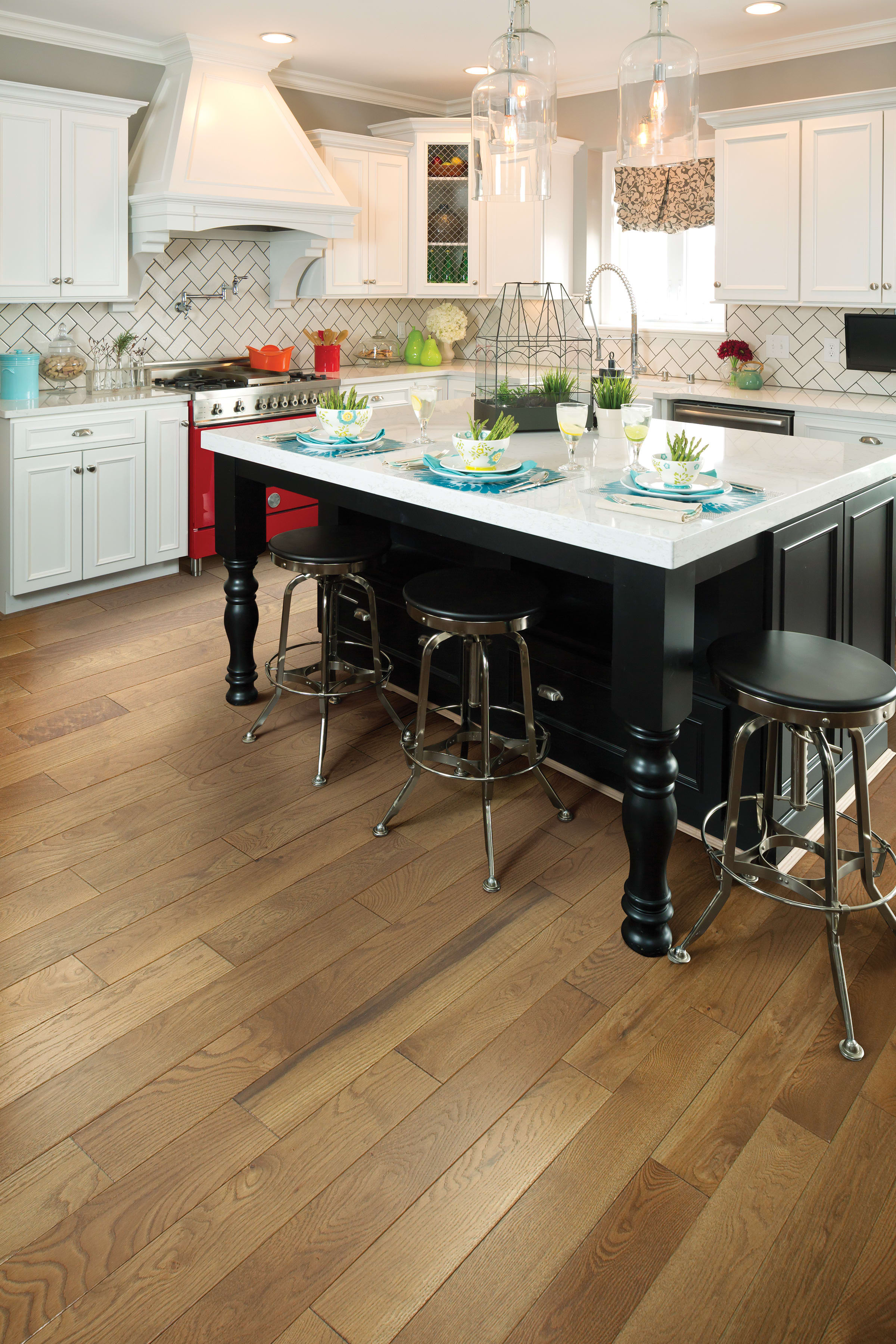In the realm of home design and renovation, few decisions are as pivotal as choosing the right flooring. It's not just about aesthetics; factors like durability, maintenance, and even environmental impact weigh heavily on the minds of homeowners and business owners alike. However, there's one aspect of flooring that often goes unnoticed until it becomes a noticeable issue: noise reduction.
Whether you're walking through a busy household bustling with activity or navigating a commercial space filled with the sounds of daily operations, the impact of noise on comfort and productivity cannot be overstated. As such, selecting the appropriate flooring material—one that effectively minimizes noise transmission—can significantly enhance the livability and functionality of any space.
Two popular contenders in the flooring market, each boasting its own unique set of qualities, are vinyl plank flooring and hardwood flooring. While both are lauded for their durability, visual appeal, and versatility, their performance in noise reduction varies. In this comprehensive exploration, we'll delve into the nuances of vinyl plank flooring and hardwood flooring, shedding light on their respective noise-reducing properties to empower you with the knowledge needed to make an informed decision for your home or business.
Vinyl Plank Flooring: A Symphony of Silence and Style
The rise of vinyl plank flooring as a sought-after flooring solution is no coincidence; its blend of affordability, resilience, and aesthetic versatility has captured the attention of homeowners and designers alike. Yet, beyond its surface-level charm lies a remarkable quality: its ability to quell unwanted noise. Vinyl plank flooring, with its multi-layered construction and built-in sound absorption capabilities, stands as a formidable opponent against disruptive sounds in any environment.
Engineered to mimic the look and texture of natural hardwood, vinyl plank flooring offers a cost-effective alternative without compromising on noise reduction. Its dense core layer, coupled with acoustic underlayment options, effectively dampens sound transmission, creating a serene and tranquil atmosphere. Whether it's the footsteps of children at play or the hum of everyday activity, vinyl plank flooring ensures that noise remains a distant murmur, allowing you to enjoy peace of mind in your space.
Hardwood Flooring: Echoes of Elegance with Acoustic Advantages
For centuries, hardwood flooring has been revered for its timeless beauty and enduring appeal. Beyond its aesthetic allure, hardwood flooring boasts inherent acoustic benefits, making it a favored choice among discerning homeowners and designers. Solid hardwood, with its natural density and structural integrity, serves as a formidable barrier against noise intrusion, effectively minimizing reverberations within a room.
However, the noise reduction capabilities of hardwood flooring may vary depending on factors such as installation method, subfloor condition, and the thickness of the planks. While solid hardwood flooring offers commendable noise reduction properties, engineered hardwood—an increasingly popular alternative—may provide additional benefits, thanks to its layered construction and enhanced stability. By carefully considering these factors, homeowners can harness the acoustic advantages of hardwood flooring to create a harmonious living or working environment.







